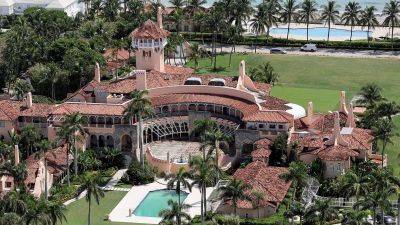In Search of My Father’s Frontier: His Years in Mao’s Army
I didn’t have much time. I was in the remote town of Altay in China’s far northwest region of Xinjiang, on the mountainous border with Russia, Mongolia and Kazakhstan, thousands of miles from my base in Beijing as a bureau chief for The New York Times.
In this case, my mission was personal: I was seeking records in Altay’s Civil Affairs Bureau on my father’s service in a Chinese army unit six decades earlier. I knew police officers would soon be trailing me, as they did whenever foreign journalists turned up in Xinjiang.
It was 2014. President Xi Jinping had begun enacting much harsher policies in the region, home to Uyghur and Kazakh Muslims. For centuries, control of the area, a vast land of people from myriad ethnic groups living among mountains, deserts and high steppe has been central to Chinese rulers’ conception of empire.
I knew that finding anything about my father, Yook Kearn Wong, was a long shot. But at the Civil Affairs Bureau, I struck up a conversation in a second-floor office with Wei Yangxuan, a young woman who happened to be an army veteran and helped organize activities for military retirees. I asked her if she knew anything about an old army base of mostly Kazakh cavalry soldiers, where my father and a few other ethnic Han soldiers had served in 1952.
She shook her head no.
I knew I probably wouldn’t return to Altay, and that I had only this one chance. Suddenly I realized it was just past 7 a.m. in suburban Virginia, where my parents had lived for decades. Maybe if I called from my cellphone, Dad could tell Ms. Wei about the Kazakh base.
He answered. I told him I was in Altay.
“You’re where?” he said. He sounded incredulous.







